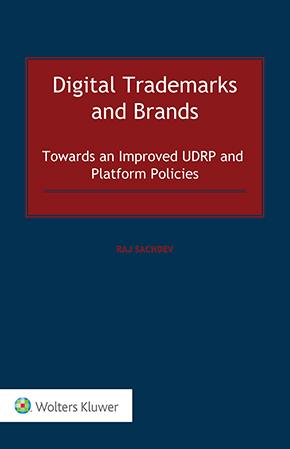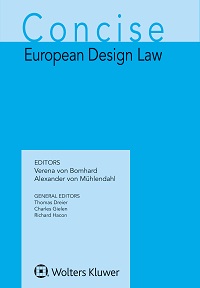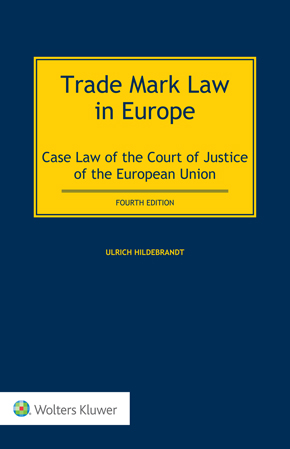When Fame Prevails: The GORILLA Energy Case and the Power of Well-Known Marks in Kazakhstan
October 21, 2025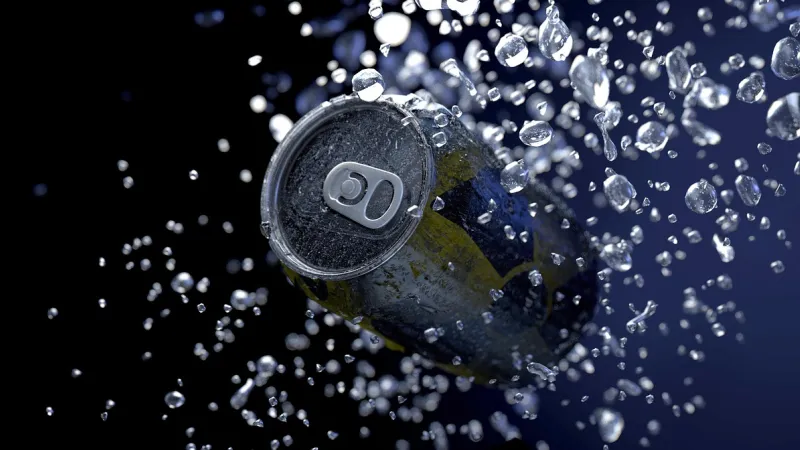
In the previous post, Well-Known Marks but Where? Territorial Scope in the Astana International Financial Centre vs Mainland Kazakhstan, we explored the parallel existence of two systems of well-known trademark protection in Kazakhstan: the AIFC regime, operating under its own Intellectual Property Regulations, and the national IP system governed by Kazakhstan’s Trademark Law. That discussion highlighted how recognition of well-known marks within the AIFC is limited territorially, applying only to AIFC participants and those who accept its jurisdiction.
The latest case, decided on 15 July 2025 by the Specialized Interdistrict Administrative Court of Astana, shifts the focus from where protection applies to how it operates in practice. It examines the national recognition and subsequent litigation surrounding the GORILLA energy drink mark, a dispute that tested the resilience of Kazakhstan’s legal framework in protecting well-known marks against later registrants.
The Case: TОО “Almol” v. Ministry of Justice
The dispute arose when LLP “Almol”, a Kazakhstani company, filed a claim to annul the decision of the Commission on Recognition of Well-Known Trademarks under the Ministry of Justice. On 23 August 2024, Gorilla Drinks Limited (Cyprus) applied to the Commission seeking recognition of its “GORILLA” mark as well-known in Kazakhstan, claiming such status from 1 January 2016 for energy drinks (Class 32). After reviewing the evidence, the Commission adopted Decision No. 5/2024 on 17 December 2024, recognizing the mark as well-known in Kazakhstan from 1 January 2019.
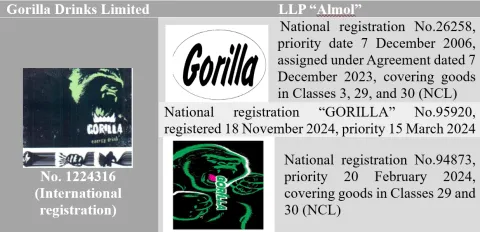
LLP “Almol”, holding several “GORILLA”-containing marks registered in 2023–2024 for food products and ice (Classes 29, 30), argued that the Commission had ignored its prior national registrations. It claimed that the recognition of Gorilla Drinks’ mark as well-known would unlawfully allow the company to demand the cancellation of LLP Almol’s marks even for non-identical goods like confectionery or ice cream.
Court’s Findings
The court upheld the Commission’s decision, finding no legal grounds to annul the recognition. Several key points stand out:
1. Earlier Fame, Later Registration: The court noted that the defendant’s trademark No. 1224316 had been widely known in Kazakhstan since 2016, with commercial presence from 2013 and sales in 35,000 retail points nationwide. Market surveys confirmed 99% recognition among consumers, and the brand had strong visibility through sponsorships (e.g., Gorilla Drift Championship, Winter Jungle) and media campaigns.
2. Almol’s Later Acquired Rights: LLP “Almol” only obtained its first “GORILLA” trademark through an assignment in December 2023. Its other marks were registered in 2024, long after the claimed date of well-known status (2019). Therefore, the company could not retroactively invalidate a recognition based on later rights.
3. Similarity and Overlap: While the court acknowledged that “food ice” (Class 30) may be considered similar to energy drinks (Class 32) in consumer perception, it emphasized that the dominant element of Gorilla Drinks’ mark was the graphic image of a gorilla, not merely the word element. The visual distinctiveness, coupled with prior fame, justified broader protection.
4. Procedural Aspect: The court underlined that the official bulletin publishing the recognition (August 2024) provided a three-month opposition period, during which third parties could submit objections. LLP “Almol” failed to do so, and therefore could not later challenge the Commission’s decision on that ground.
On this basis, the court confirmed that the recognition of GORILLA as a well-known mark had been lawfully granted and supported by extensive evidence of reputation and market presence. The decision reaffirms that later local registrations cannot undermine an established reputation, and that procedural diligence such as timely opposition remains crucial for parties seeking to protect their interests.
Conclusion
The GORILLA case highlights the main strength of Kazakhstan’s national system for well-known trademarks: once recognized, such marks enjoy comprehensive territorial protection across the country, even for non-identical goods and/or services. This makes national recognition a powerful instrument for brand owners to secure their market position and reputation.
Yet this broad protection can also create uncertainty for other holders, who may fear challenges from well-known mark owners even where goods and/or services differ. Without explicit safeguards, the scope of enforcement largely depends on the discretion of the right holder, which may discourage fair competition.
You may also like







